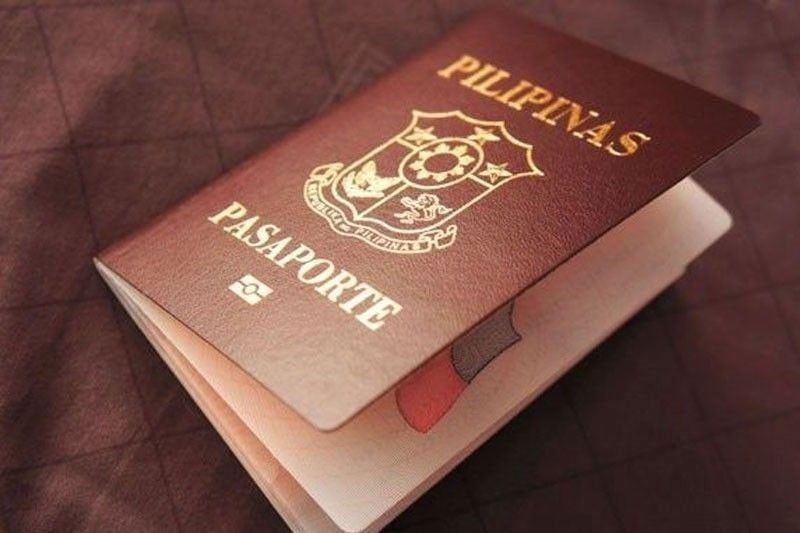‘Vaccination passport’ eyed to help identify the inoculated

MANILA, Philippines — A party-list congressman has filed a bill in the House of Representatives to help put an efficient system for persons inoculated with the coronavirus vaccine and pave the way for the so-called “vaccination passport.”
Rep. Ronnie Ong of party-list Ang Probinsiyano filed House Bill 8280 (Vaccination Passport Act) in the hope of providing a faster and more systematic way of complying with the national government’s health protocols through mass immunization.
“Although the COVID-19 inoculation is still a few months away from entering our borders, it is but proper to take further preparations and necessary steps for its unhampered implementation and maximization,” he said.
According to him, this passport can also be used as an identification system that will allow people unrestricted access to public facilities and participate in mass gatherings without the need of using the mandatory face masks and face shields.
“It is our hope that this bill will be considered and approved the soonest possible time before the possible roll out of the vaccine in June 2021 to restore people’s trust and confidence to travel, with the end view of reviving and bolstering our economy,” Ong pointed out.
He noted that some business establishments may also decide to require people to show this passport until after the Department of Health declares that the threat of the COVID-19 virus has been totally eradicated.
The bill mandates the Inter-Agency Task Force – particularly the Departments of Health, Tourism, Foreign Affairs, Trade and Industry, and Transportation – to “coordinate and provide for a single internationally-recognized vaccine passport to serve as proof that a person has been vaccinated against COVID-19.”
In effect, Ong said the “vaccination passport” is basically a badge that will prove that one is safe to mingle with other people and engage in activities without the need to use face masks and face shields and observe social distancing rules.
However, pregnant women, breastfeeding mothers and children below 16 years old should not be among the recipients of the vaccine once the medicine, intended as protection against COVID-19, reaches Philippine shores next year.
The US, United Kingdom and Canada have already obtained emergency use authorizations (EUAs) of the COVID-19 vaccines.
The Philippines is presently experiencing a “baby boom” owing to lockdowns and strict stay-at-home orders. The country is expected to record this year two million pregnancies, of which 214,000 are unplanned, according to the Commission on Population.
The vaccine is meant to be administered intramuscularly in the arm in a series of two doses 21 days apart.
- Latest
- Trending






























